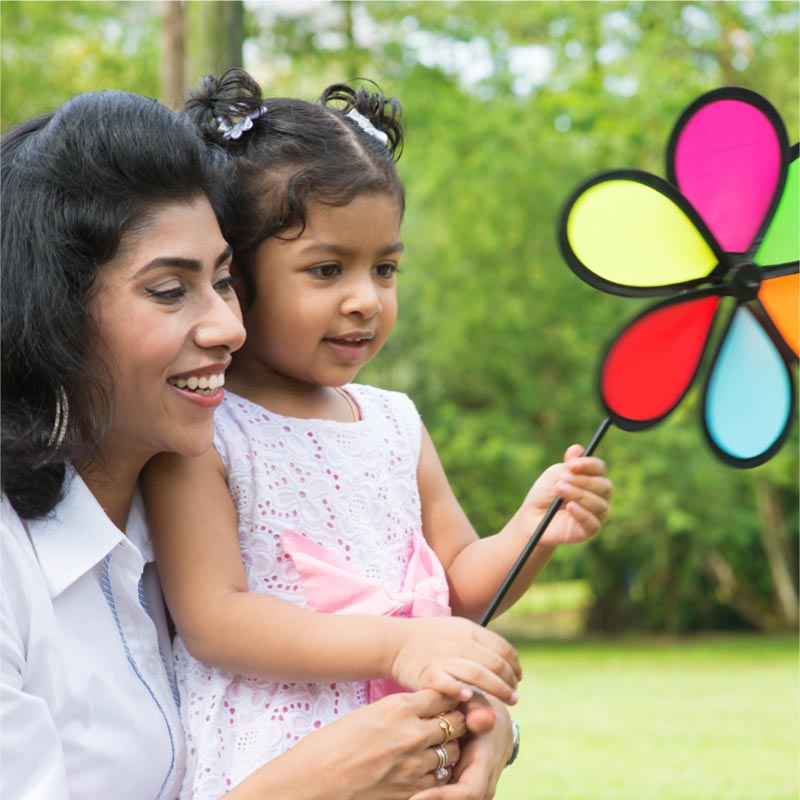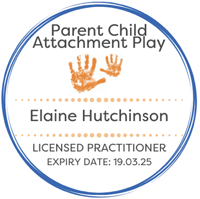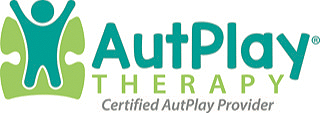Whilst spending quality time with your child is great for bonding and relationship building, giving your child time and space to develop their own independent activities and playtime is equally important.
With half-term looming on the horizon, there is often the temptation as a parent to fill the break with a packed schedule of planned activities. However, working from home is a reality for many parents, a lot of whom then feel extremely guilty when they leave their child to their own devices as they get essential work done.
Donald Winnicott (a paediatrician who trained as one of the first psychoanalysts in the late 1920s) pioneered the concept of ‘good enough parenting’. Susan Woodhouse, in 2019, extended this research to discover that you only have to be ‘good enough’ 50% of the time for the parent to be a secure base for their child.
That you only have to be ‘good enough’ and not ‘super-parent-of-the-year’ (and only half the time) should be incredibly reassuring for parents who feel they are struggling to juggle it all and possibly feel that they are then doing everything ‘badly’! (https://www.sciencedaily.com/releases/2019/05/190508134511.htm)
So now that we’ve (hopefully) dispensed with the parent-guilt, let’s go on to look at the benefits for your child when you leave them to their own activities. (I’m not for one minute saying you should be neglectful and not supervise your child in an age-appropriate way, but feel free to meet your own needs as well as theirs!)
Through independent play, your child will learn to:
- Become more self-reliant
- Develop their social independence
- Learn how to improve their own emotional regulation
- Increase their concentration
- Develop their own problem-solving skills
- Boost their creativity and imagination
When you do have time to focus on them here are some hints and tips for playing successfully and avoiding dramas.
If you have more than one child, try to schedule some one-on-one time with them, every day, if you can, even for just a short time so they get some individual parent time where their voice can be truly heard.
- Schedule individual time with your child on a regular basis for at least 10 minutes although it can be longer but make the time consistent.
- Let your child choose the time, if possible, at a time when they (and you) are at your best.
- Allow your child to pick the activity – be interested, even if it is the 74th tea party you have had with teddies that week.
- Limit distractions for them and for you. Have the tv off, silence your phone. Give them your full attention – both of you will get more out of the time this way.
- Give your child plenty of warnings for the transition to the next activity – depending on your child you might need warnings at 5 min, 3 min, 2 min, 1 min and then a 10 sec countdown.
- Keep the boundary of the time set, don’t end abruptly, but don’t let them spin it out. ‘I understand you haven’t finished x today and would like to play longer, but how would you like to leave x today? We can come back to it tomorrow…’
- Remind your child that you enjoy playing with them, tell them what you enjoyed (e.g. sharing the story in the book – ‘spending time’ is too abstract) and make a plan for playing together again soon.
Wishing you a play-filled half term – however that looks in your family.
Elaine
If you have any questions, please feel free to drop me an email:






